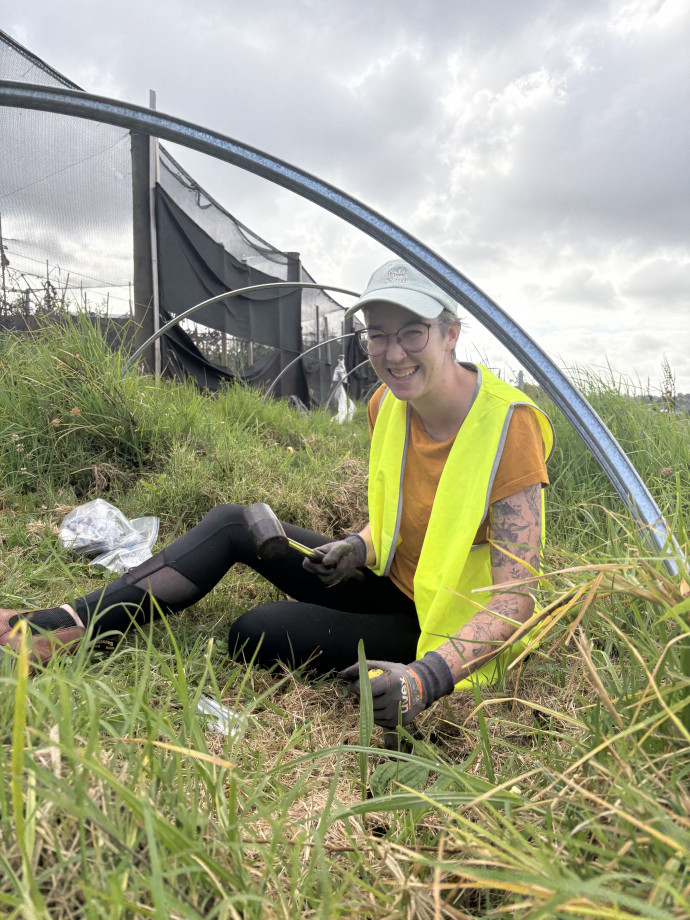Favona School - Beccy Warburton

2025 | Ecosystem monitoring with AUT Living Laboratories
Name: Beccy Warburton
School: Favona School
Programme: Ecosystem monitoring with AUT Living Laboratories
Region: South Auckland
Host: Auckland University of Technology, Faculty of Health and Environmental Studies, School of Science
Blog: https://a-scientific-journey.blogspot.com
Favona School wants to sustain the growth of their students' questioning, investigating and creativity skills within the science curriculum through their continued involvement in the Science Teaching Leadership Programme (STLP). They already have one teacher, Jane Thomas (2024 cohort), leading phase two of the STLP, and want to ensure that the development of science will be strengthened by having another staff member who has had the opportunity to participate in this professional development. Favona School’s vision remains for their students; that they become responsible citizens in society while also reaching their full potential.
Beccy has five years of primary school teaching experience. They enjoy teaching a range of ages, abilities and backgrounds. Beccy is passionate about inclusive education and being culturally responsive in all aspects of their life. They believe that building relationships first and foremost is a key foundation to creating a safe learning environment where students can explore, question, create, and become risk-takers – all essential skills for engaging in science teaching and learning. By taking part in the STLP, Beccy will grow and add to their knowledge of science, and carry on supporting their peers with their continued science learning.
Beccy’s placement is with Auckland University of Technology (AUT), and involves working with the Living Laboratories team, and participating in general research and activities conducted by PhD students. With the Living Laboratories team, they will be learning to develop and implement ecosystem monitoring protocols across three experimental restoration sites and their corresponding reference sites – two in Tāmaki Makaurau and one in North Waikato. Beccy’s placement will also give them opportunities to work with students and faculty staff, attend lectures and laboratories, and participate in field and lab-based research. A large portion of their placement will involve them collecting data at the three restoration sites, monitoring key ecological indicators such as: biodiversity, invasive species, soil health, and water quality.
In addition to fieldwork, Beccy will also help develop educational resources for teachers, from preschool to university. These materials will help explain the science behind the project and encourage more people to understand and support Nature-based Solutions as a way to fight climate change.
Through Beccy’s placement, they hope to extend their knowledge and gain a much deeper understanding of the Nature of Science and mātauranga Māori, then utilise their learning from the STLP to further build on Jane’s enhancement of teaching and learning at Favona School.
